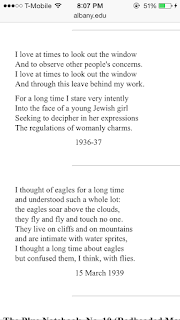On Reading The Bridge of Heaven 《天桥》written by 熊式一
by John Masefield Oct. 15th, 1942
To Ta Tung, as a boy,
This hope gave gentle joy,
To plant, in some green close,
A plum-tree or white rose,
That, so, in Spring or June
The lamp of the full Moon
Might show to Man the flower
White, in its whitest hour,
That, those who came to seek,
Would whisper: "Will she speak
This Wonder? Will she bless
Our woes to nothingness?
Will she descend the green
Sweet sprays, and be our Queen?
Our Saviour Queen? O, still ...
She moves... She will."
Then, growing-up, be found
No garden-close, no ground,
In all wide China's space
To be a planting-place.
Instead, an iron will
To learn to kill, and kill
The tangle of the weeds
That thwart men's needs.
Thus is Man's youth today,
An April without May,
A May without a June,
Night without Moon.
But Hope from thwarted lives
In unquenched beauty strives
Slowly its glimmer breaks
The darkness of mistakes.
So many million flames
Will burn away the shames;
Ta Tung will surely find
His plot of Peace of Mind;
His blossomed plum will lift
White as the snow in drift,
Under a Moon of Peace
In skies like the still seas.


